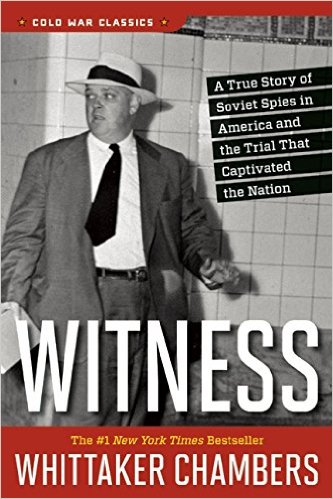
In the Garden of Beasts: Love, Terror and an American Family in Hitler’s Berlin by Erik Larson, originally published in 2011 by Crown Publishing, now available in several formats through many outlets; link above is an Amazon affiliate link.
Have you ever wondered how on earth it was possible that a ridiculous-looking figure such as Adolph Hitler ever came to power in Germany? Here’s one takeaway from this fascinating book: Most informed citizens simply refused to believe that Hitler was anything but a joke, until it was too late. Never underestimate the credulousness of the human heart! We hear what we want to hear.
William E. Dodd was America’s first ambassador to Hitler’s Germany, bringing his wife, son, and flamboyant daughter Martha to live in Berlin in 1933. As violence, especially against Jews, escalated, Dodd tried to warn the State Department back in Washington of this growing threat.
But no one listened. After all, we were dealing with our own crisis of the Great Depression. And it’s an interesting question as to what the US could actually have done to stop Hitler’s rise. But a recognition, at least? Strongly-worded condemnations? Publicity about what was actually happening in Germany as Hitler’s goons terrorized ordinary citizens? (And even American citizens were caught up in the terror. The book opens with a truly horrific description of how an American doctor practicing in Berlin was beaten by uniformed officers because of an anonymous tip that he was “a potential enemy of the state.”)
What sets this book apart from the mass of books on Hitler, the Nazi Party, et. al., is the perspective from the ambassador and other outsiders as they try to make sense of what is happening right in front of them. Dodd and his family are so interesting in themselves that they provide a strong narrative spine for the terrible events unfolding as a monster comes to power. What was it really like to live in Berlin during the 1930’s? How did people go on with their lives from day to day under the threat of Hitler’s power? That’s just it: they got on with their lives. Most of them kept their mouths shut. Not all. Some spoke out and paid a terrible price. But enough just . . . went along.
Doesn’t sound like a very happy book, does it? I think I’ve made it clear in other book posts that my aim in these recommendations isn’t to give you books to make you smile, necessarily, although there are some funny ones here and there. Last week’s offering is pretty amusing, but its humor wasn’t the main point. Instead, my emphasis was on what the book had to say about family relationships. So this one won’t make you feel good but it will, I think, be a fascinating window into the past and perhaps a cautionary tale for the present. A good reminder that “the only thing necessary for the triumph of evil is for good men to do nothing.”

 The problem is the problem.
The problem is the problem.
 Yet another cadged idea from my Top Three Sources. I could probably do a post a week based on Gretchen Rubin’s podcast that she does with her sister, “Happier with Gretchen Rubin.” Before I get to the above subject let me encourage you to
Yet another cadged idea from my Top Three Sources. I could probably do a post a week based on Gretchen Rubin’s podcast that she does with her sister, “Happier with Gretchen Rubin.” Before I get to the above subject let me encourage you to




 Have you been listening to the
Have you been listening to the 